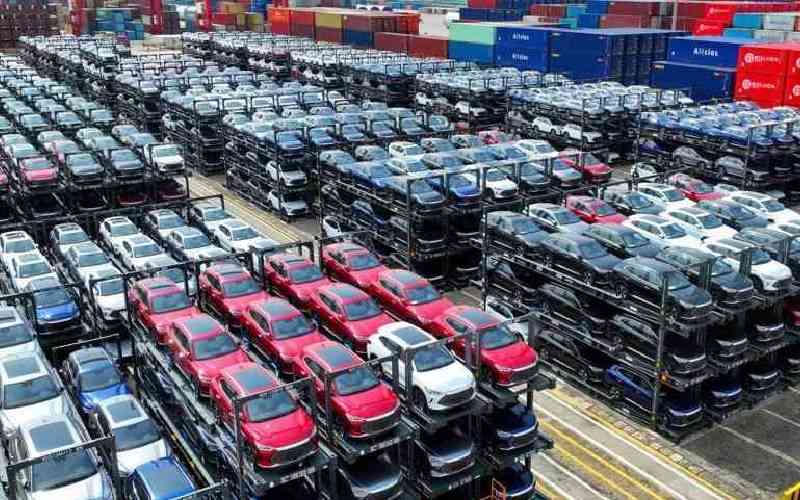×
The Standard e-Paper
Join Thousands Daily

The proposed increase in US tariffs on some Chinese products is more than winning the 2024 presidential polls.
No candidate wants to be seen as soft on China, an emerging economic rival to the USA. Remember China has a big trade surplus with the USA.